In a perfect world, a youngster with autism would find that the unwavering love of a furry pet is a transforming companion rather than only a consolation. Long admired for their fidelity and innate intelligence, dogs can be especially helpful to Children with autism spectrum disorders. Some breeds are well known to be excellent therapy and aid dogs, delivering anything from companionship to emotional support and increase quality of life. Here, we examine the characteristics that make some dogs, the perfect friends for kids with autism and show how these unique relationships may profoundly and heartwarmingly improve lives. Come along to learn which canines, with their own kind of canine charm, are most suited to brighten the worlds of autistic youngsters.
Importance of Dogs for Autistic Children
Dogs can improve social relationships and communication for autistic child . Their presence can operate as a “social lubricant“, prompting children to chat with others about having a dog. Dogs also don’t speak the same language, which can encourage non-verbal toddlers to find new ways to engage and bond.
Dogs can have a calming affect and assist reduce tension, anxiety, and meltdowns in children with autism. They can be instructed to apply deep pressure or utilize their bodies to interrupt self-harming practices during distress.
Dogs can provide a feeling of routine, stability, and security for children with autism who thrive on predictability. Caring for a dog can also teach responsibility and empathy.
Therapy dogs specifically trained to work with autism can be essential, aiding with duties like limiting wandering, assisting with mobility, and alerting parents of children to potential difficulties. They are skilled at reading emotions and delivering reassurance.
Overall, the search results suggest that dogs can be transformative companions for children with autism, delivering therapeutic advantages, enhancing social skills, and providing a calming presence and sense of security
Also Read : Can Dogs Have Autism?
Key Factors to Consider When Choosing a Dog breed For Autism Child
A child with autism’s dog breed selection involves a number of important considerations based on research and professional guidance. Temperament is important; breeds that are well-known for their kind, patient, and composed nature—ideal for offering emotional support—include Golden Retrievers, Labrador Retrievers, and Bernese Mountain Dogs as family Pet
Excellent options are also intelligent and easy-to-train breeds like German Shepherds, Collies, and Poodles. Size matters; while smaller, more portable breeds can be better for kids with mobility problems, big dogs like Newfoundlands provide soothing deep pressure massage. Poodles and other hypoallergenic breeds can help allergy sufferers. Sensory demands are important too; Australian Shepherds and other dogs that bark less and like to be around people might aid with social skills.
The dog’s energy level should be matched to your family’s way of life so they can adjust to various settings. See the references listed for further in-depth information.
Autism Service Dogs of America
The nonprofit Autism Service canines of America (ASDA) is committed to improving the lives of those with autism by providing well trained service canines. To children with autism and their families, these dogs are essential in offering both emotional and physical security. Families may more easily and safely engage in regular activities like going to parks or eating out by attaching the youngster to a service dog. In public, having a service dog improves safety and gives families comfort, which frequently reduces emotional outbursts and enables the child to participate more completely in community activities. Many service dogs also go with kids to school, helping with transitions and promoting language and social development. COVID-19-related restrictions notwithstanding, ASDA is still able to assist families that have already obtained assistance dogs and are in need of replacements. Visit ASDA’s FAQ page to learn more about autistic service dogs.
Also Read : Best Diabetic Service Dogs
Best Dogs for Autistic Children
Selecting the perfect partner for an autistic person can be made easier by knowing the special traits of certain breeds, which are well-known for their kind temperament, loyalty, and capacity to offer emotional support and companionship. These traits make them well-suited For autism service dog, offering not only practical help but also priceless companionship and emotional stability.
1. Golden Retrievers
With their reputation for being amiable, understanding, and devoted, golden retrievers make wonderful therapy and autism service dog for people with autism. Their kind disposition and close relationship with their owners enable them to offer emotional support, company, and help with different activities, all of which are very beneficial For children with autism spectrum. They are even more qualified for such positions because of their flexibility and ease of training, which guarantees they can satisfy the particular requirements of those who need assistance.
2. Labrador Retrievers
Labrador Retrievers Can be the Best Dogs for Autistic Children Because of their kind disposition and natural ability to connect with people, Labrador Retrievers are another great option for autism assistance dogs. Their intelligence and willingness to learn also make them highly trainable for specific tasks, further enhancing their role in offering support and companionship. Labrador Retrievers are known for their friendly demeanour and innate ability to connect with people.
3. Standard Poodle
Regarded for its intelligence, trainability, and hypoallergenic coat, the Standard Poodle Can be the Best Dogs for Autistic Children. Because of their intellect, they can pick up and do things like emotional support or carrying out instructions that can help those on the autism spectrum very fast. For people with allergies, their coat’s hypoallergenic quality helps because it lessens the possibility of eliciting allergic responses that are often linked to other breeds. Poodles are also renowned for being devoted and kind, which makes them dependable service dogs and reassuring friends.
4. Bernese Mountain Dog
Well renowned for their kind and composed demeanour, Bernese Mountain Dogs make wonderful friends for people with autism. They can offer emotional support and comfort since of their kind disposition and desire to form strong bonds with their owners. Bernese Mountain Dogs can also do deep pressure therapy, which involves applying little pressure with their body weight to treat people with sensory processing problems by calming them down and encouraging relaxation.
5. Newfoundland
Perfect for giving people with autism emotional assistance, newfoundland’s are kind giants with a kind and protective nature. With kids in particular, they are renowned for their tolerance and patience, which can make the atmosphere cozy and secure. Because they are small and delicate, newfoundland dogs are very good at deep pressure treatment, which helps them to relax and comfort people who need tactile stimulation.
6. Cavalier King Charles Spaniel
Well known for their empathy and sensitivity, these assistance dogs are incredibly intuitive friends for people with autism. Being very sensitive to their owners’ feelings, they can offer consolation in difficult or anxious situations. Those who might have sensory sensitivities or struggle with transitions will find cavaliers to be flexible to many settings and social circumstances. Additionally appropriate for homes with little space is their compact size.
7. Great Dane
This Dogs Especially well-suited for families with children, including those with Autistic Children , Great Danes are renowned for their kind and patient nature. Great Danes dogs, for all their intimidating size, are usually kind giants who are excellent at being quiet. Their kind disposition and steady temperament make them reassuring friends who can help people who can benefit from consistency and predictability feel safe and secure.
Also Read : Scooby doo
8. Australian Shepherd
Australian Shepherd (gregarious dogs) Can be Best Dogs for Autistic Children . They are people people, and bonding with others helps them become socially adept and create solid ties. Due in large part to their agility and attentiveness, Australian Shepherds make great partners for activities requiring mental and habitual stimulation. Their attentive and devoted character allows them to offer emotional support and they are flexible in a variety of settings.
9. Border Collie
People with autism who need routines and mental stimulation will find Border Collies to be a great fit because of their intelligence, trainability, and attentiveness. For people who like doing activities that tax their cognitive capacities, they are excellent at jobs requiring concentration and problem-solving ability. Because they are devoted and affectionate, border collies may offer companionship and support to their owners and are also quite sensitive to their feelings.
Every breed has certain traits that, whether it’s emotional support, sensory control, or company, can improve the lives of people with autism. Because they can relate to and comprehend the needs of their owners, they are priceless allies in promoting the growth and well-being of people with autism.
10. Boxers
Boxers’ special combination of traits makes them a Best Dogs Option for Autistic Children. They are great partners for physical activities that can help kids on the spectrum with both sensory integration and physical health because of their inherent energy and fun nature. Beyond their playful demeanour, Boxers are well known for their fidelity and instincts for family protection. Particularly in new or difficult circumstances, this loyalty can give children with autism a sense of security and stability.
Furthermore excellent at creating close relationships with their owners, boxers provide steady company and emotional support. Particularly consoling to kids who may have trouble interacting with others or controlling their emotions is their innate capacity to sense and react to their owners’ feelings. Because they can actively participate in everyday activities and routines, Boxers’ love of regular routines also fits very nicely with the needs of children with autism. In general, children with autism find that boxers are loving, devoted, and enthusiastic partners who enhance their Daily life with company, support, and shared activities.
Also Read Best Emotional Support Dog Breeds for Anxiety and Depression
Preparing Your Child with Autism for Introducing a New Dog
Preparing a child with autism for introducing a new dog involves several steps to ensure a smooth transition and positive experience for both the child and the dog. Here’s a structured approach you can take:
Explore the Concept
Get your child talking about the possibility of getting a assistance dogs first. To assist illustrate what owning a dog means, use novels about dogs, social anecdotes, or visual aids. Outline the duties—such as feeding, walking, and grooming—and emphasize the advantages of having a dog as a friend.
Visit Dogs Together
Take your youngster to pet stores, shelters, or friends who own dogs. This lets your child watch many breeds and how they behave in different settings. To help your youngster become more at ease with dogs and recognize their behavioral clues, promote interaction under supervision.
Talk About Dog Qualities
Talk to your child about the qualities you’re looking for in a dog, such size, playfulness, or calmness. Inquire of your child about their tastes and the qualities of a dog that they find acceptable. Your child’s comfort level can be better matched with a dog thanks to this engagement.
Set Expectations
Describe the first phases of owning a dog, including the extensive training and acclimatization time. Talk on the social behavior and interactions you should anticipate from the dog. As your youngster adjusts to having a new pet, this preparation helps lessen surprises and distress.
Practice Interactions
Establish Rules
Talk about and decide on certain guidelines for your interactions with the dog. Instruct your child in kind touching, proper handling, and acknowledging the dog’s space. Set limits with your child and the dog to guarantee safety and respect for both of them.
Practice Interactions
Engage in role-playing games with your child to practice gentle touching, feeding, and basic commands that they can use with the Small dog. This exercise gives your youngster more assurance in how to handle and interact with the dog.
Set up Safe Areas
Within your house, set aside areas that are safe for your child and your dog. Set out places where your dog can hide and feel safe and places where your child can have space if needed without dogs around. For both parties, this arrangement offers security and comfort during the adjustment phase.
Start Slowly
Have your child and the new dog spend brief, under supervision visits or interactions at first. Let your youngster make contact at their own speed while you keep a careful eye on their responses and the dog’s actions. As your comfort level rise, gradually lengthen and frequency of interactions.
Reward Good Interactions: Honor and support your child’s kind, composed, and successful interactions with the dog. Use sweets, praise, or favorite hobbies as rewards to encourage desired actions and deepen the relationship between them.
Observe and Adjust
Continuously observe both your child and the dog for any symptoms of discomfort, anxiety, or enthusiasm during interactions. Adjust interactions, habits, or settings as necessary to guarantee a positive experience for all parties. Be patient and allow time for the relationship to develop naturally.
By following these steps wisely and patiently, you can help your child with autism transition to a new dogs while developing a pleasant and rewarding relationship between them. Each step helps to building a supportive atmosphere where both your child and the dog can thrive together.
Also Read Essential Dog Grooming Services for 2024
Autism and Dogs: Transformative Relationships
Children with autism and dogs may have a transformational and mutually beneficial relationship. Dogs improve social contacts and communication abilities in addition to offering emotional support, company, and security. Families may create a nurturing environment where the youngster and dog can flourish together by selecting a breed that fits the requirements and temperament of the child. Dogs may be incredibly helpful in raising the quality of life for kids with autism by forging lifelong relationships and providing stimulating experiences with patience, empathy, and appropriate training.
Children with Autism Spectrum and Dogs: FAQ
Which training methods work well for canines helping autistic kids?
Using positive reward such as food and praise, introducing the dog to new surroundings and stimuli gradually, and including sensory activities into training sessions are all part of effective training methods. Through the promotion of serenity and involvement during interactions, these techniques serve to create a predictable and encouraging environment for the dog and the child.
Are there any particular commands a dog can learn to aid a youngster with autism?
Yes, particular commands that can be especially helpful include a relax command to comfort during sensory overload moments, a boundary command to establish physical boundaries for safety, and a focus command to refocus the dog’s attention to the child. By using positive reinforcement, these commands are taught to the youngster and are designed to satisfy their emotional and sensory demands, therefore strengthening the dog’s function as a companion.
How can I be sure a dog will really meet my child’s needs?
One way to determine compatibility is to watch how the child’s actions and the dog’s interact. Search for dogs renowned for their tolerance, kindness, and flexibility. Consult experts in therapy or autism service dogs ; they can offer advice depending on the temperament of the dog and your child’s particular need.
What typical problems arise when a youngster with autism has a dog?
Managing sensory sensitivity—like noise or tactile aversions—making sure the child and dog communicate well, and sticking to regular training and care regimens are common problems. To maximize the dog’s function in helping the child’s well-being, these issues need constant observation, modification of training methods, and cooperation with experts.

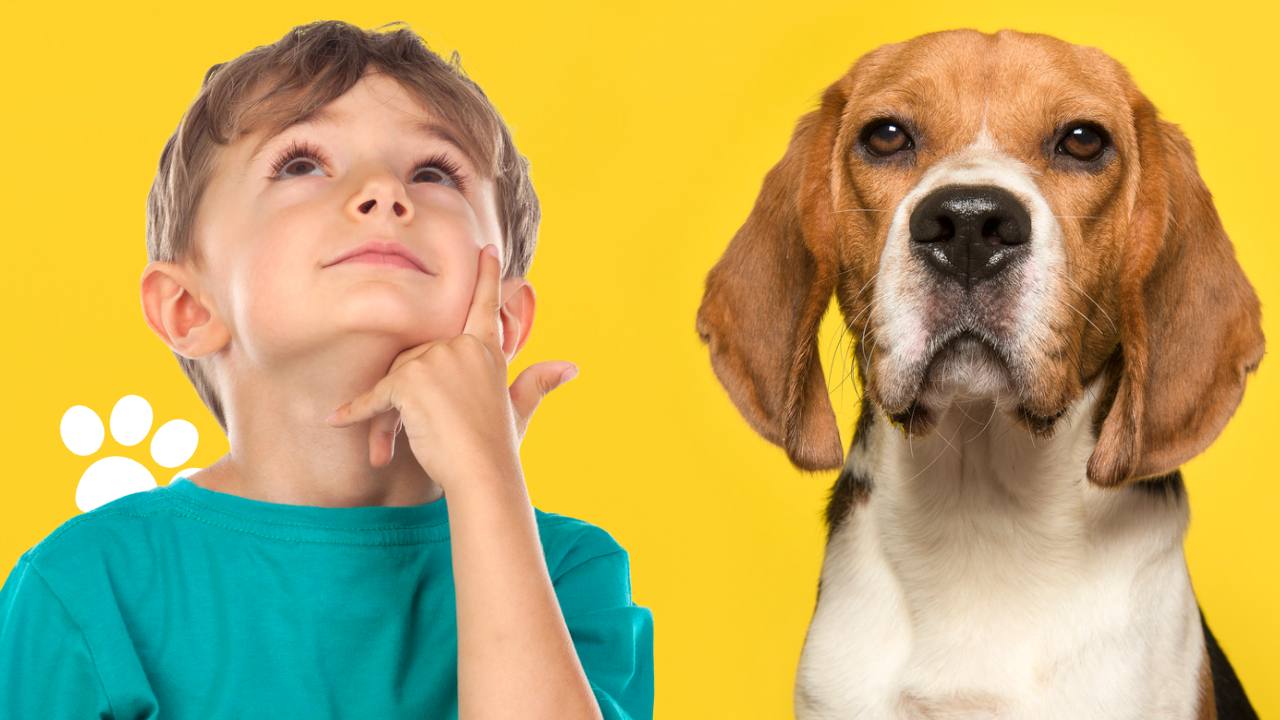
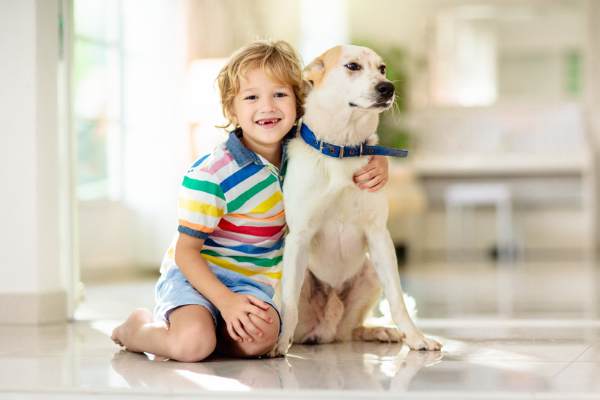
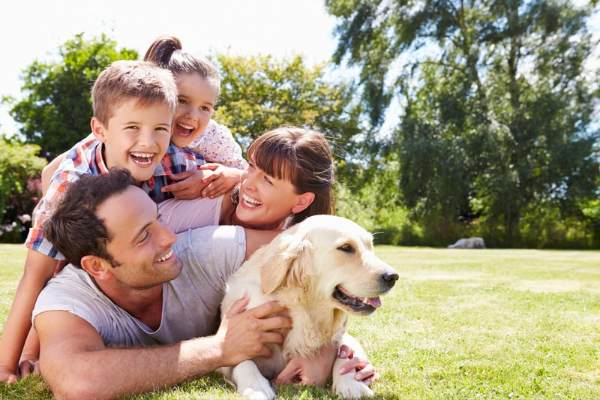

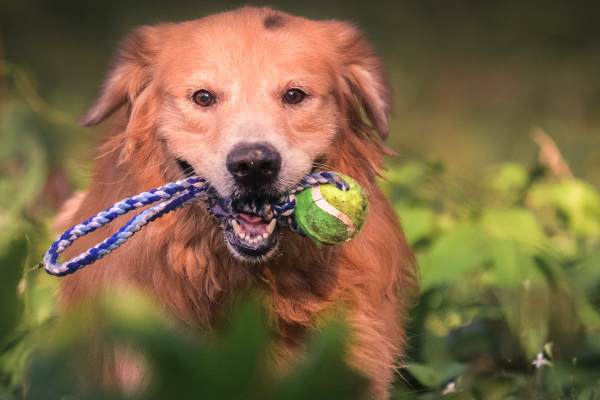

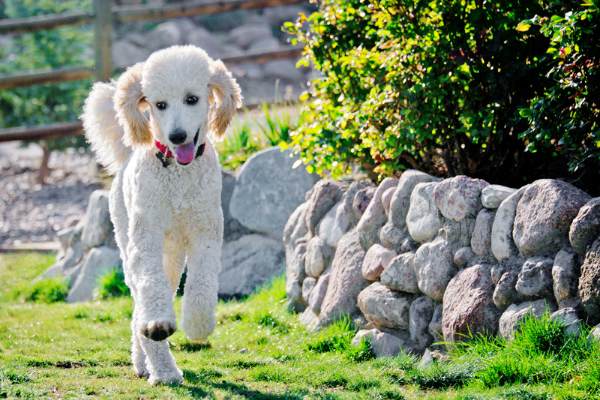
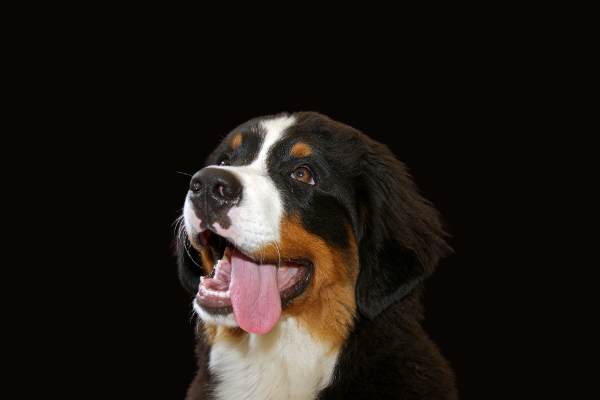
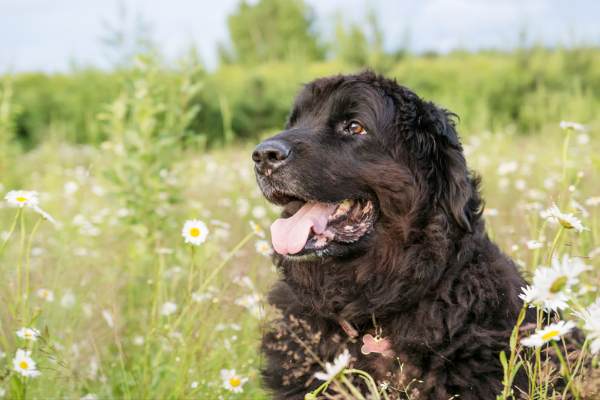
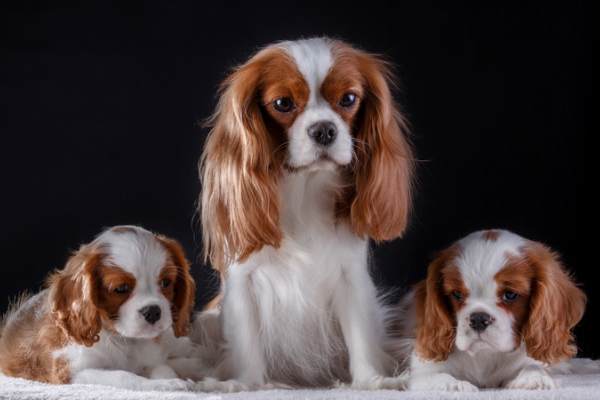
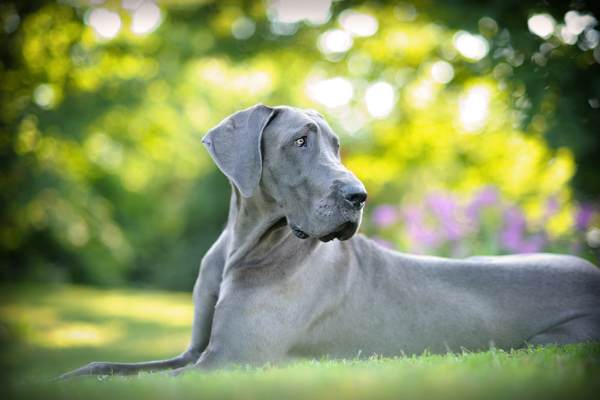
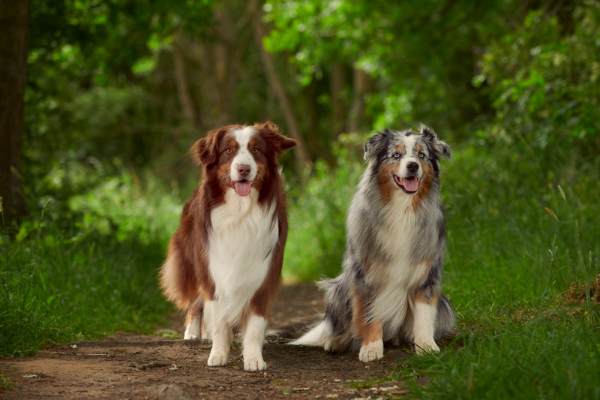
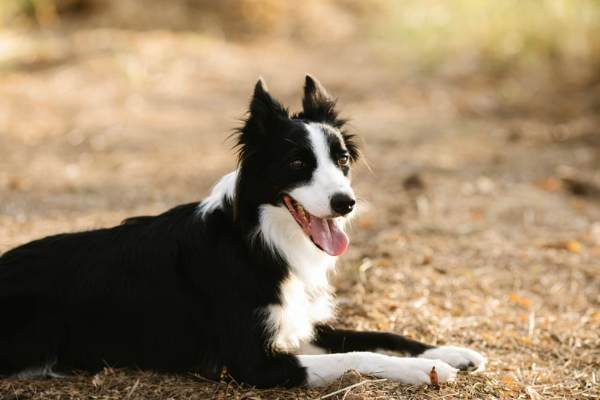
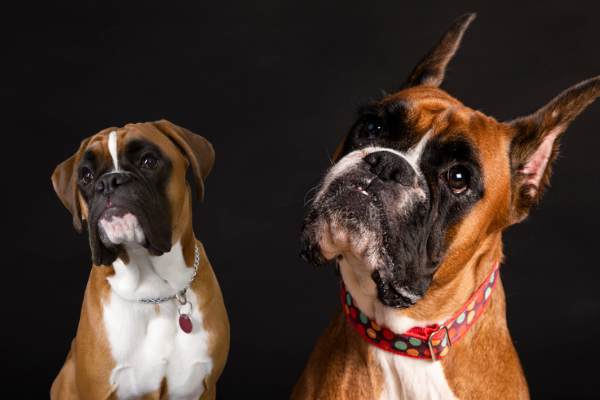
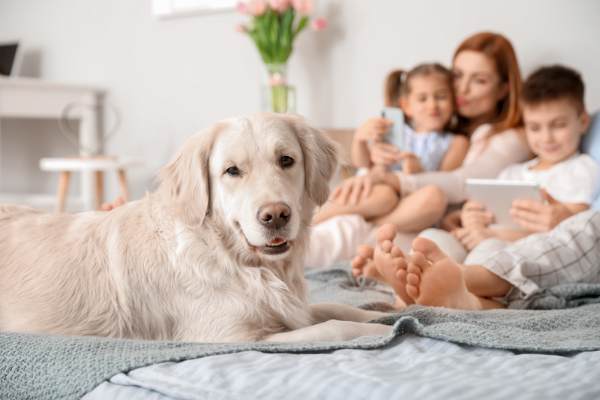

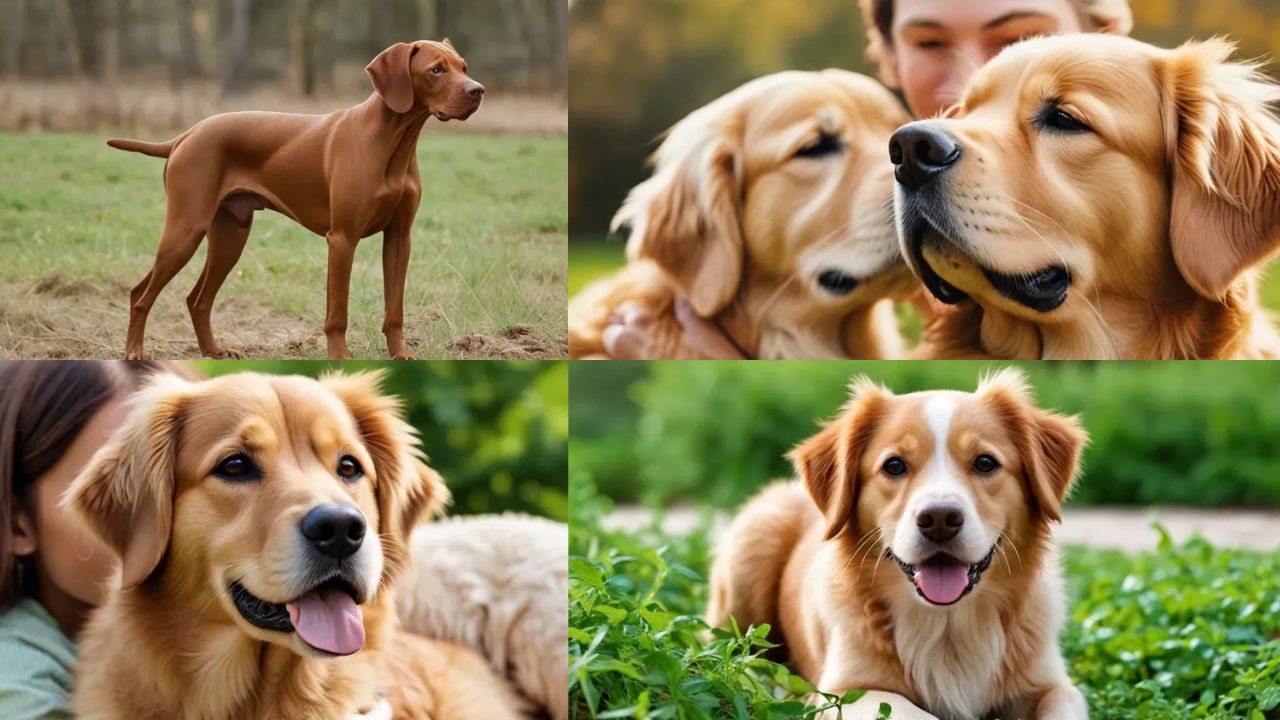

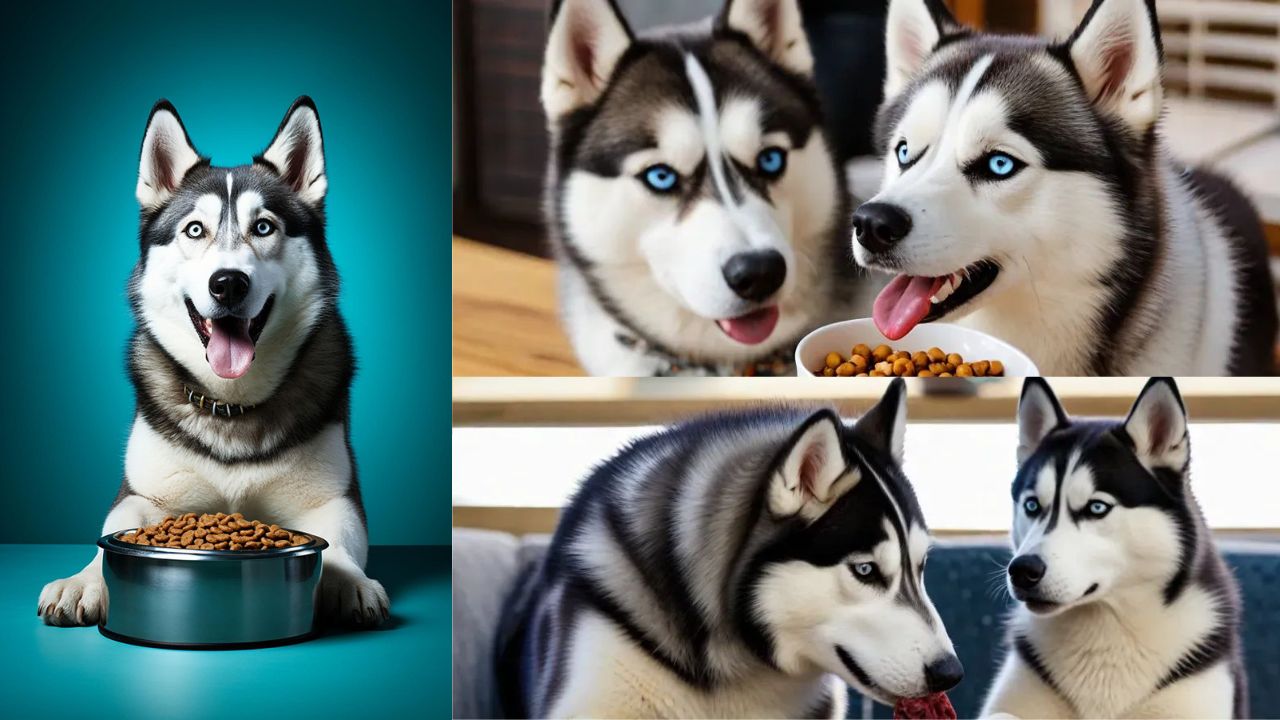
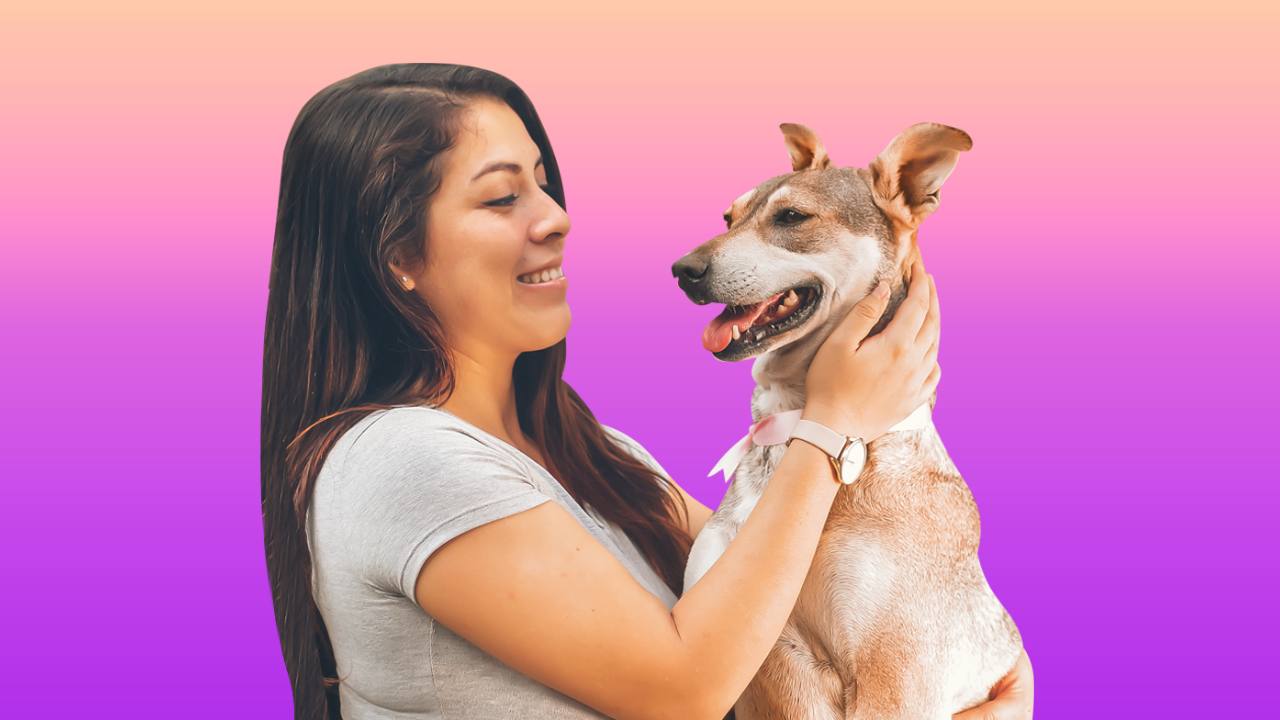
Get involved!
Comments